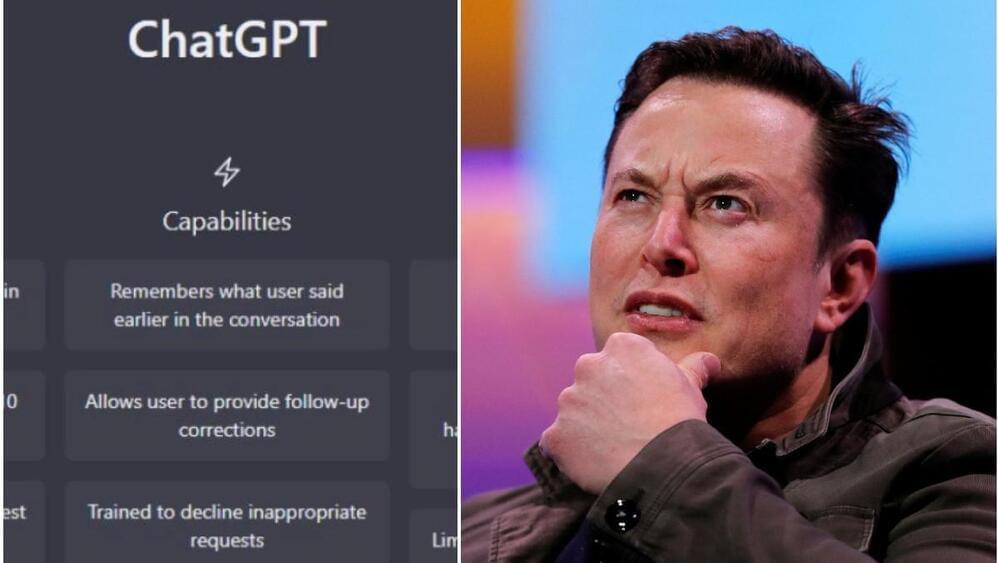Mar 15, 2023
Karl Friston — World Renowned Researcher — Joins Verses Technologies as Chief Scientist
Posted by Dan Breeden in categories: mathematics, physics, robotics/AI
He was ranked the number 1 most influential neuroscientist in the world by Semantic Scholar in 2016, and has received numerous awards and accolades for his work. His appointment as chief scientist of Verses not only validates their platform’s framework for advancing AI implementations but also highlights the company’s commitment to expanding the frontier of AI research and development.
Friston is short listed for a Nobel Prize, is one of the most cited scientists in human history with over 260,000 academic citations, and invented all of the mathematics behind the fMRI scan. As one pundit put it, “what Einstein was to physics, Friston is to Intelligence.”
Indeed Friston’s expertise will be invaluable in helping the company execute its vision of deploying a plethora of technologies working toward a smarter world through AI.


















